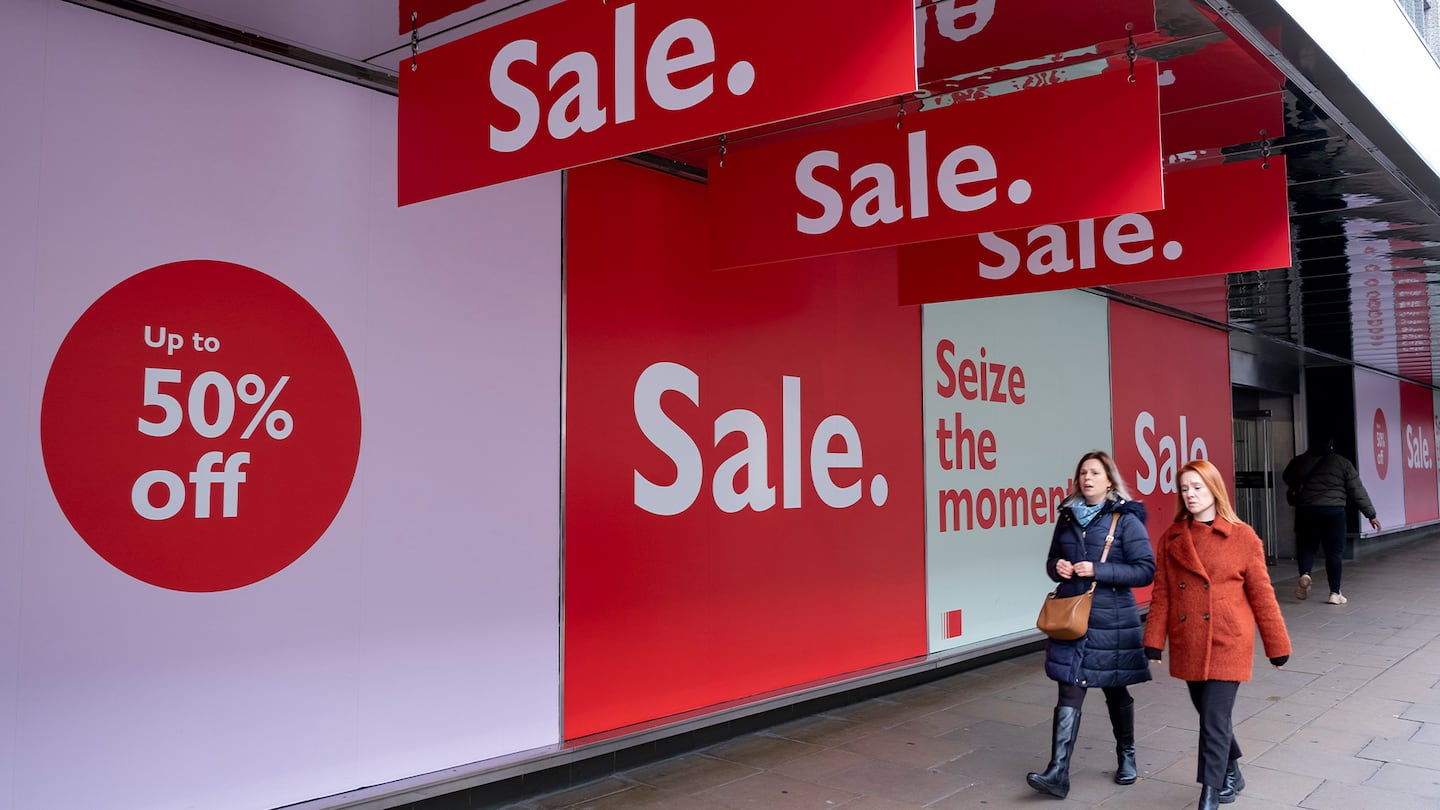
The Business of Fashion
Agenda-setting intelligence, analysis and advice for the global fashion community.

Agenda-setting intelligence, analysis and advice for the global fashion community.

Every year, the fashion industry spends billions of marketing dollars to persuade people to buy more handbags, shoes and dresses, driving growth while glossing over the unethical treatment of garment workers and the environmental impact on the planet. Now, the UN wants to flip the script and leverage fashion’s marketing machine to promote more sustainable lifestyles instead of overconsumption.
On Wednesday, the United Nations Environment Programme and UN-backed Fashion Industry Charter for Climate Action published a communications playbook for the sector, laying out guidelines designed to combat greenwashing and help marketers, influencers and fashion media encourage more responsible consumer behaviour.
The UN’s aim is to lay out a vision for what fashion communication would need to look like in order for the industry to meet its climate commitments.
In doing so, it’s wading into the thorniest of fashion’s sustainability challenges: no matter how many “green” products brands produce, there is simply no consuming our way out of the climate crisis. To meet climate goals, fashion’s business model needs to fundamentally change and marketing plays a role in this.
ADVERTISEMENT
Without that shift, “hitting any of the sustainability targets the industry has outlined is going to be incredibly difficult,” said UNEP sustainable fashion advocacy lead Rachel Arthur at a press conference. “[We] need to shine more of a light on excess consumption happening in certain markets, and we need to do so by thinking about changing consumption rates, increasing consumer knowledge and shifting consumer behaviours.”
Fashion is a major polluter, but it also has tremendous influence over consumer behaviour, which the UN hopes can be harnessed to deliver on climate goals.
Over the last thirty years, the fashion industry has grown at pace, fuelled by globalisation and new technologies like social media, which turbocharged the industry’s ability to tap into deep-rooted human desires and social anxieties to keep people shopping.
The result has been great for brands’ bottom lines, less so for the planet. And as some segments of fashion have become faster, cheaper and more disposable, the jobs and new wealth it’s created in many garment-producing countries have been tarnished by labour abuses and exploitation of communities, many of whom are among the most vulnerable to climate change.
To be sure, the number of ads promoting more ethical or environmentally-friendly products has ballooned in recent years in response to growing consumer interest in sustainability topics, but that hasn’t translated into significant improvements in the industry’s operating model.
Instead, fashion’s emissions keep growing and reports of labour abuses have risen in the wake of the pandemic and economic gyrations of the last few years. Nearly 60 percent of sustainability claims made by European fashion giants are essentially greenwashing, according to a 2021 report by environmental campaign group Changing Markets Foundation.
Meanwhile, the issues have become more urgent. There’s already a 50/50 chance that global temperatures will rise above the internationally agreed limit intended to avoid the worst effects of climate change in the next nine years, according to a report published last year by climate science research initiative the Global Carbon Project. The impact of global warming is already apparent, hitting fashion’s supply chain and threatening vulnerable workers.
While brands should be stepping up their efforts, many are pulling back from talking about sustainability in response to a regulatory crackdown on greenwashing. The UN’s playbook aims to provide a toolbox to help fashion’s communicators shift the system.
ADVERTISEMENT
Lead with Science: Brands should be talking to consumers about sustainability issues, but their efforts need to be transparent, rigorously backed up with science and accessible. As a baseline, marketing teams should work with experts to make sure the information they’re sharing is clear, accurate and verifiable.
Change Behaviours and Practices: Instead of bombarding consumers with calls to buy more new stuff, marketing should be used to normalise more sustainable behaviour, like repair, reuse and resale.
Reimagine Values: Communicators should use their platforms to change cultural perceptions of what’s desirable and what’s acceptable. That means decoupling the idea of status and success from newness and crafting stories that lean into positive values, like cultural heritage and craft traditions.
Drive Advocacy: The industry isn’t going to change by itself, and the burden shouldn’t fall exclusively on consumers. But brands’ communication efforts can be a tool to empower and mobilise the public to campaign for broader change and engage with policymakers.
The UN’s playbook, written with extensive industry consultation, outlines for the first time what fashion communication should look like to align with global climate goals. Though not a formal target, it’s a principle enshrined in the Fashion Charter, whose signatories include Kering, H&M Group and Nike.
To be sure, it’s a hard sell that flies in the face of how the fashion model currently operates. For brands to stop using marketing to promote consumption, they’d need to figure out new business models that don’t rely on selling more and more new stuff. Change also can’t happen in a vacuum. Policy support will be needed alongside changes in the way businesses operate. But changes to communication can help both speed and smooth the path forward.
“It is very much a system change that we need,” said Bettina Heller, textiles lead at UNEP. But communicators have a powerful role to play in facilitating that shift. “Currently, we have a narrative that is based around newness, immediacy and disposability and we need one that is based on circularity, equity and care.”
The industry has yet to solve the trade-off that selling more clothes, bags and shoes fundamentally requires more resources.
Big brands are changing the way they talk about sustainability following a regulatory crackdown in Europe. But exactly how companies should be required to substantiate their eco-marketing claims remains hotly debated.

Sarah Kent is Chief Sustainability Correspondent at The Business of Fashion. She is based in London and drives BoF's coverage of critical environmental and labour issues.
The trial of Colombian designer Nancy Gonzalez for smuggling alligator and snakeskin handbags into the US shone a rare public spotlight on the trade in the exotic skins used for some of fashion’s most expensive and controversial products.
Europe’s Parliament has signed off rules that will make brands more accountable for what happens in their supply chains, ban products made with forced labour and set new environmental standards for the design and disposal of products.
Fashion’s biggest sustainable cotton certifier said it found no evidence of non-compliance at farms covered by its standard, but acknowledged weaknesses in its monitoring approach.
As they move to protect their intellectual property, big brands are coming into conflict with a growing class of up-and-coming designers working with refashioned designer gear.